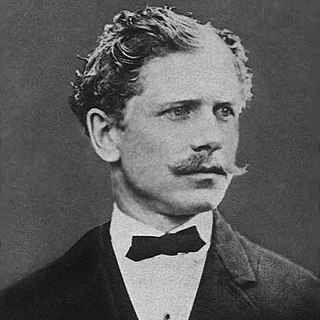Lists
















26 Authors, 26 Books
Classic Fiction Writers
Sort by:
Recent Desc
More lists by I Remember
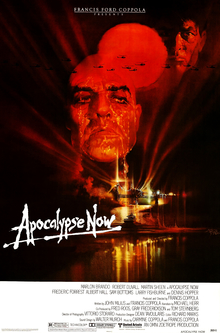


War Films
List includes: Apocalypse Now, Full Metal Jacket, Patton
February 2021
0
@yozick72
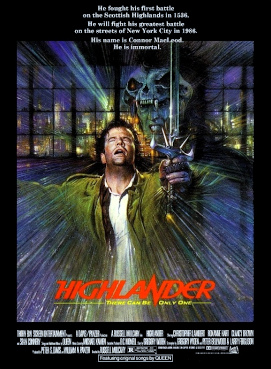


Sword and Sorcery films
List includes: Highlander, Conan the Barbarian, The 13th Warrior
February 2021
1
@yozick72

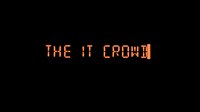

British TV and Films
When we were young! Tv and British films from the late 60's to the 90s with a few classics thrown in.
February 2021
1
@yozick72



American TV Shows
List includes: The Wire, Generation Kill, Band of Brothers
February 2021
0
@yozick72



Classic Comic Books
List includes: Asterix in Britain, Prisoners of the Sun, Tintin in the Land of the Soviets
February 2021
0
@yozick72
20th Century Weird & Horror Fiction
List includes: Edgar Allan Poe, H.P. Lovecraft, Ambrose Bierce
February 2021
1
@yozick72



Film Noir
List includes: The Third Man, North by Northwest, The Night of the Hunter
February 2021
0
@yozick72



Interesting Investment Books
Investment Books I have read. Only includes books that I personally think are particularly useful or interesting, as a lot of them have variations on themes.
February 2021
4
@yozick72

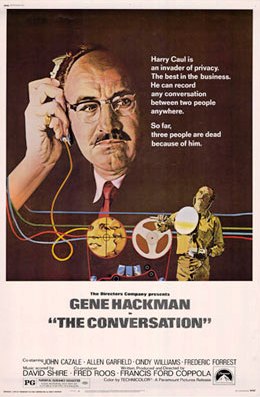

Conspiracy Political Thriller Films
List includes: JFK, The Conversation, The Manchurian Candidate
February 2021
0
@yozick72


